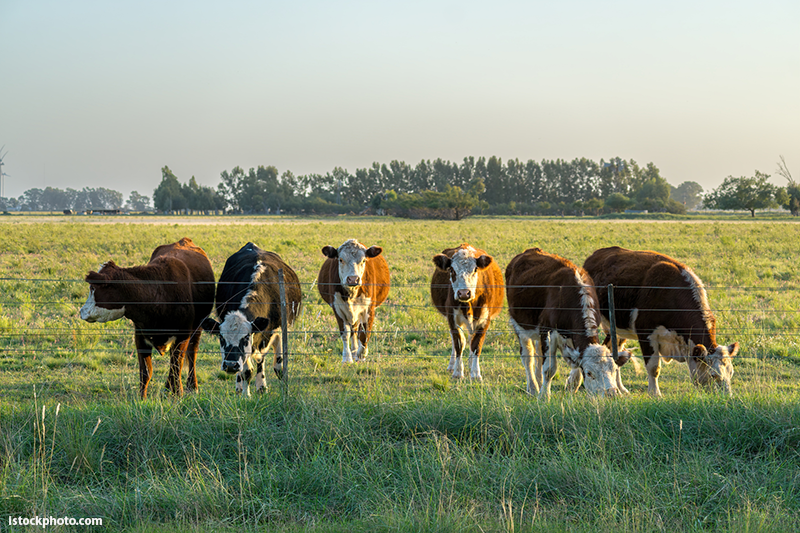
Fifth in a series on rural universities.
Universities should be impacted by location. Check any university website identified by the Coalition of Urban Serving Universities, and you will find focus areas, including urban planning and urban sustainability, economic development in cities, health and well-being for urban residents, education and inequality of opportunity in cities, crime and public safety, cultural and social dynamics and innumerable other subjects focusing on especially critical issues in urban locations. Many excellent universities like Temple University, Cal State Los Angeles, Rutgers, the Ohio State University, the University of Alabama at Birmingham, the University of Houston, with the University of Cincinnati located in densely populated areas have an urban focus with national benefit. Not surprisingly, research on large food animal production will not be found at such institutions.
Similarly, rural universities should focus on rural issues. Central to West Texas A&M University in Canyon, Texas, is a concentration on rural issues revolving around production agriculture and family operations. A common misunderstanding is an agricultural focus occurs solely in colleges and departments of agriculture, such as the Paul Engler College of Agriculture and Natural Sciences. All public institutions, like WT, should be clearly directed towards serving the people of a geographic area, whether a region, state or nation, in all academic disciplines. Issues such as labor shortages, environmental impact, economic pressure, technical integration, supply chain and trade issues, policy and regulatory challenges, rural education and human and animal health should be spread across disciplines on any rural, agriculturally focused campus. For example, all agricultural regions in the U.S. rely heavily on seasonal labor, much of which is sourced from migrant workers. Changes in immigration policy and economic conditions may create labor shortages impacting planting and harvest cycles; therefore, the study of such issues can be addressed by studying labor economics and public policy action, including but not limited to immigration policy. According to the Fletcher School of Law and Diplomacy at Tufts University, little is more on the minds of Americans than immigration policies and their impact on life in our nation, no matter your perspective. Addressing these issues from a rural research university with an agricultural focus provides value locally, regionally and even nationally.
A common misconception of universities like WT is that a rural, regional focus limits opportunity and intellectual inquisitiveness rather than defining a university’s purpose. WT’s long-range plan, WT 125: From the Panhandle to the World, specifically addresses the Panhandle as a living laboratory for production and family agriculture, impacting every aspect of WT’s engagement in community life: from healthcare delivery, business entrepreneurship, water and engineering technology, fed beef and cow-calf operations, small rural school districts, as well as an understanding of, and appreciation for, the culture and human experience of rural agricultural regions. Such clear, sharp and inexorable focus can help develop sustainable practices for rural life and business while engaging in global networks for technology transfer and knowledge sharing.
The leading challenge in areas that produce the food, fuel and fiber for our nation is water scarcity. Farrelly Mitchell, a group of experts and consultants in the food and agribusiness arena, reports that 70% of global water is consumed through agriculture. The use of water resources through unsustainable extraction of groundwater is depleting aquifers, leading to long-term water shortages of every kind. In addition, competing demands for water in various agriculture, industrial and non-rural regions often intensify rural scarcity. The Environmental Protection Agency reports water quality is being diminished through pollution by runoff of pesticides and fertilizers affecting both ecosystems and human health. In many areas of Texas, the salinity of water increases through inadequate surface drainage and the depth at which water sources are found. Infrastructure and technology, especially as it ages, including outdated irrigation systems, storage facilities and aging transmission lines, all need attention. In Texas, the Comptroller’s office report, Texas Water: Present and Future Needs 2023, identifies governance and policy issues resulting in unequal access to water resources and disadvantaged local communities, among many other serious issues.
Research and distributed education regarding rural challenges are critical. At West Texas A&M University, we aspire to focus the whole of our university’s intellectual and capital resources on issues impacting the Texas Panhandle and the South Plains. Why? First, it will make our university more distinctive. Second, the focus on teaching, scholarship, service and research will have high value to our state and nation. WT will serve locally first and, in so doing, will redefine excellence.
Walter V. Wendler, President of West Texas A&M University. His weekly columns, with hyperlinks, are available at https://walterwendler.com/.



